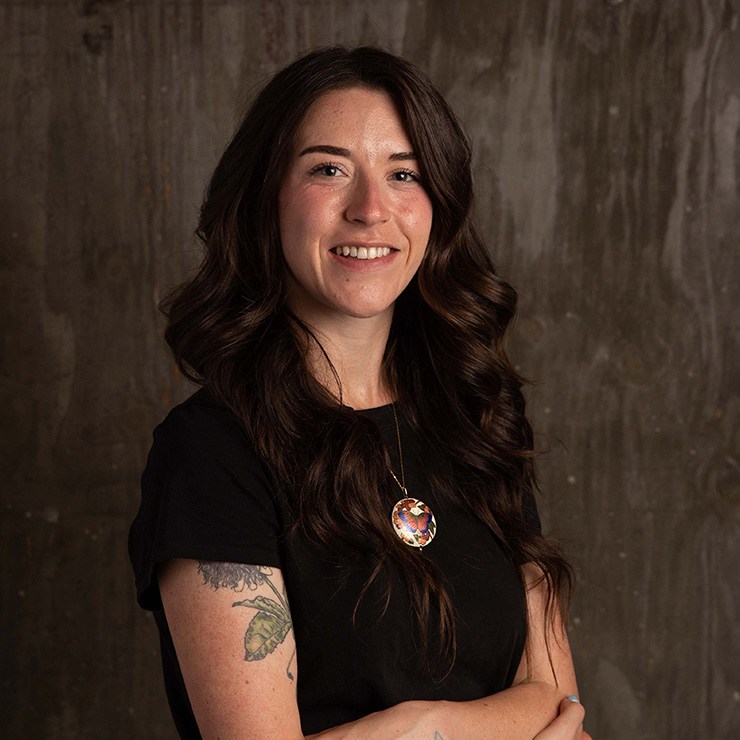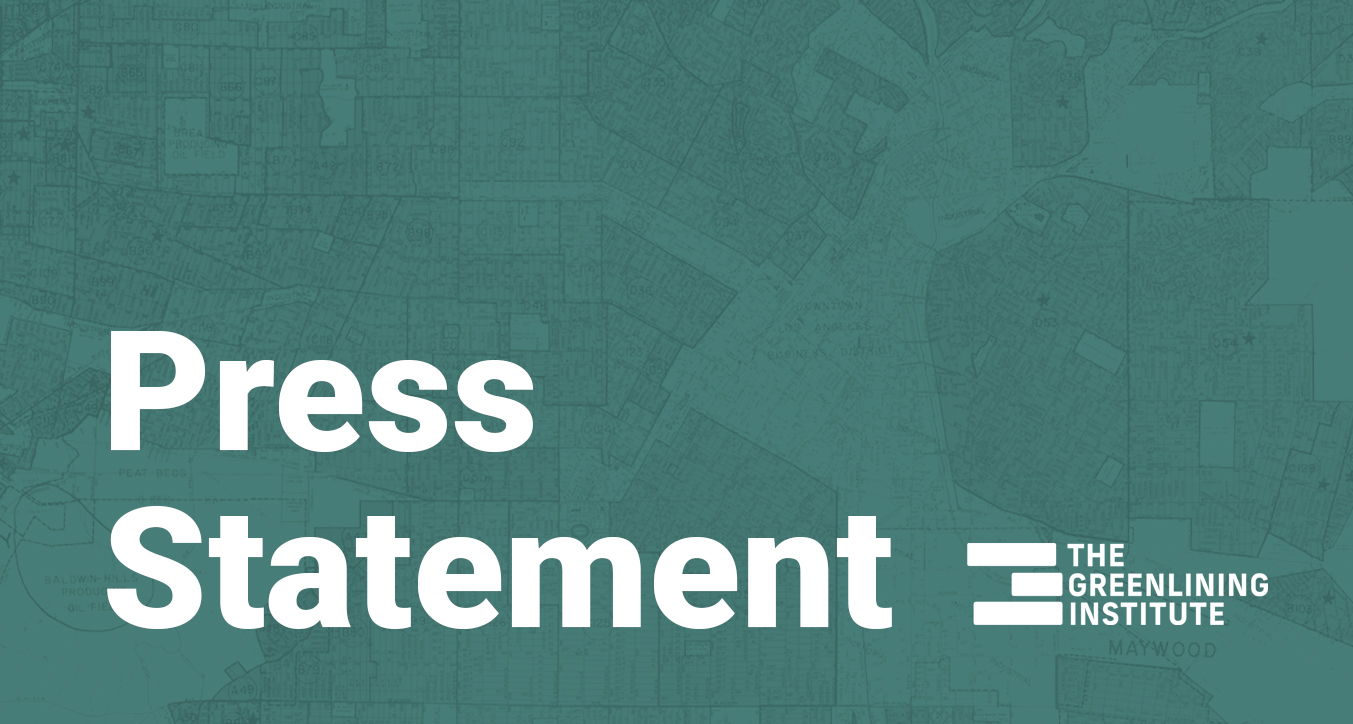New Report Urges Racial Equity in Research

Media Contact
Danielle Bell
SENIOR PROGRAM MANAGER FOR MEDIA RELATIONS
media@greenlining.org danielle.bell@greenlining.orgResearchers Should Collaborate Closely with Communities, Greenlining Institute Says
Contact: Bruce Mirken, Greenlining Institute Media Relations Director, 415-846-7758 (cell)
OAKLAND, CALIFORNIA – With the public’s eye increasingly focused on research – from environmental and climate studies to COVID-19 drug and vaccine trials – The Greenlining Institute is urging researchers to be more connected to the communities they study and to incorporate equity practices into their approach. Greenlining’s new report, Making Racial Equity Real in Research, systematically analyzes barriers to equity in research and offers specific guidance for researchers seeking to overcome them.
“We all depend on research to understand our world and the problems we need to overcome, from the impact of climate change to the way epidemics spread,” said report author Hana Creger. “But the system tends to keep researchers disconnected from the communities most impacted by their work, often leaving people of color and other marginalized groups under-studied and misunderstood.”
The report lays out specific challenges, ranging from funding structures that fail to encourage researchers to work with community partners to peer-review processes cocooned in academic silos divorced from the real world. It encourages those funding and conducting research to work systematically to alter those structures and suggests researchers approach the problem through five steps:
1. Understand the context of racism in research in the past and present;
2. Review the challenges, best practices and opportunities available for centering racial equity in research;
3. Conduct an internal equity assessment of your research institution, department or team;
4. Partner with and pay a community partner; and
5. Co-create the research questions and scope of work with a community partner.
“The more collaborative approach we’re suggesting will lead to more innovative and useful solutions for the problems our society faces,” Creger said. “But transformative change won’t just happen by itself. It requires researchers and institutions to be willing to give up some power, redistribute resources, and treat community partners as true equals.”
Read the report here. To learn more about The Greenlining Institute, visit www.staging3.greenlining.org.


